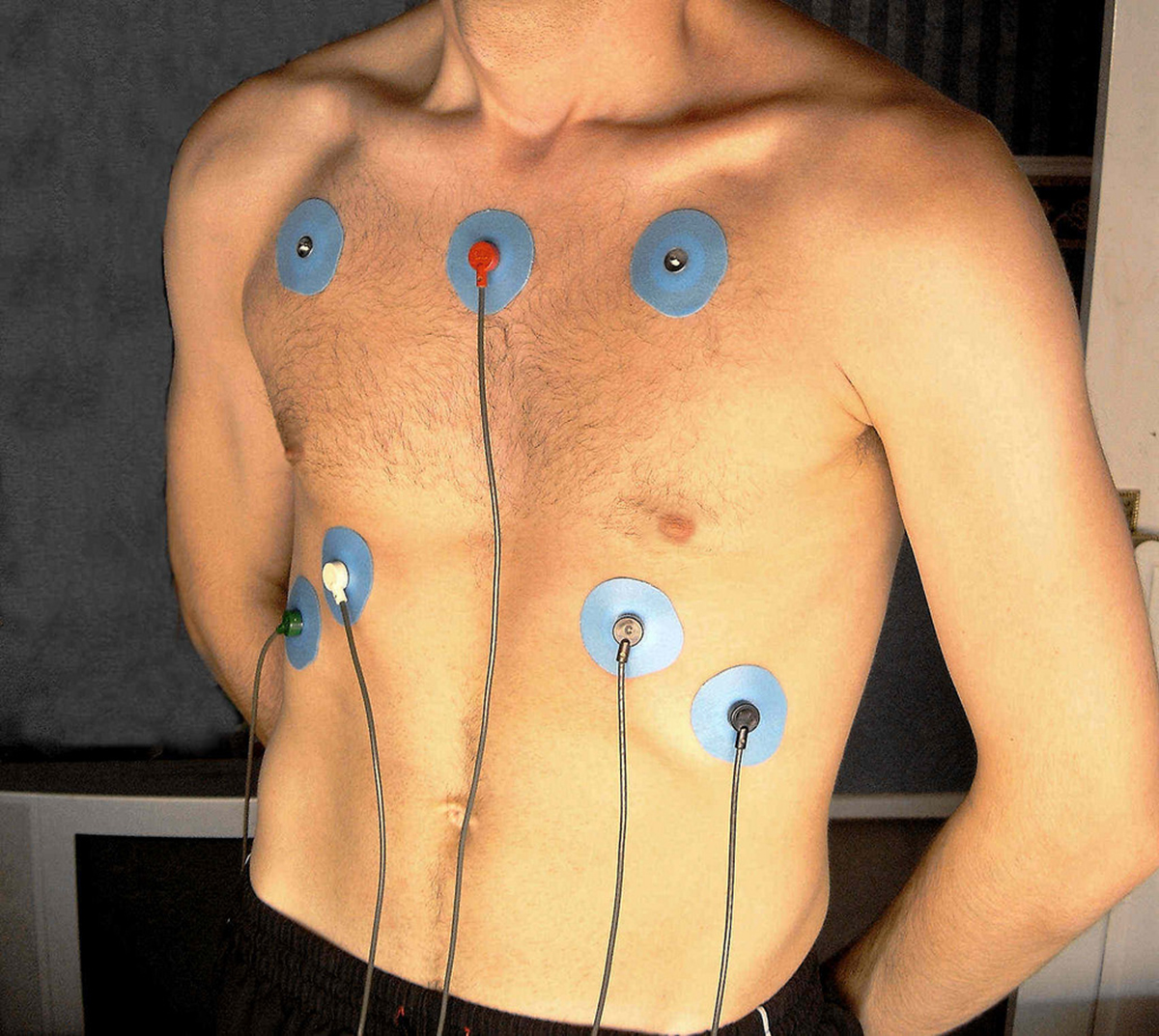The metaphor, broken heart, usually refers to intense emotional suffering. Whether it is caused by the death of a loved one or the breakup of a significant relationship, a broken heart can be emotionally painful. But can a broken heart lead to actual problems with the heart? The answer may be surprising.

Is Broken Heart Syndrome a Real Medical Condition?
Broken heart syndrome, which is also called stress cardiomyopathy, is a medical condition, which is caused by intense emotional stressors, such as fear, surprise and grief. As a reaction to the emotional stress, the heart becomes enlarged and weak. In some instances, physical stressors, such as a flare-up of asthma or seizures, can also bring on the condition.
The reason females are more at risk for broken heart syndrome is still being researched.
In fact, it can be difficult to distinguish between the two by symptoms alone. For instance, chest pain, which also occurs in a heart attack, occurs with broken heart syndrome. Additional symptoms include shortness of breath and low blood pressure. Congestive heart failure symptoms may follow, such as fluid in the lungs, swelling and weakness. Symptoms of broken heart syndrome often start a few minutes to a few hours after the emotional stressor.
Because the heart does become weak, the condition can become serious. Symptoms of congestive heart failure may become severe. In addition, heart arrhythmias can develop, which can be life-threatening. The good news is the condition is almost always temporary and does not cause permanent damage to the heart.
Theories on Why Broken Heart Syndrome Develops
Everyone has stress in the lives on occasion, and people handle stress differently. Some people have a more intense reaction to stress than others. When the body feels stress, there is a natural reaction. Hormones and proteins are released into the bloodstream including adrenaline and noradrenaline. This release of hormones serves an important function.
For example, consider being under a physical attack. Your body reacts to the stress and fear by releasing adrenaline. Adrenaline heightens alertness and can help you move faster. In the case of an attack, adrenaline helps you defend yourself. But even if the stressor is not dangerous, the body still reacts by releasing adrenaline.
Although the exact reason the condition occurs is not fully understood, there are a few different theories on the cause.
Adrenaline can narrow the arteries, which may cause a reduction in blood flow to the heart.
Another theory is the chemical adrenaline binds to the cells in the heart. The binding of adrenaline to the cells causes an increase of calcium to enter the cells. The increased calcium may cause dysfunction of the heart leading to symptoms of the syndrome.
See Also: How To Lower Your Cholesterol And Prevent Heart Disease Without Drugs
Regardless of which physiological response is responsible for the condition, it is almost always temporary. Depending on the severity of symptoms and whether symptoms of congestive heart failure develop, various types of treatment may be recommended. Most patients respond to treatment and within a few days to a week their symptoms improve.
Broken Heart Syndrome May Be Misdiagnosed
It can be difficult for doctors to distinguish symptoms of broken heart syndrome from other more serious cardiac conditions. In addition, some physicians are not familiar with the condition.

Differences Between Broken Heart Syndrome And A Heart Attack
It is essential an accurate diagnosis is made so the best treatment can be started. Although symptoms of a heart attack and broken heart syndrome can mimic each other, there are also key differences.
When a person presents to their doctor or an emergency room with chest pain, several diagnostic tests may be done. One test is an ECG, which records the heart's rhythm. An ECG of a person having a heart attack will often show specific changes. Patients with broken heart syndrome usually do not have the same ECG changes seen in a heart attack.
Also, when an individual has a heart attack, heart cells die, which causes the release of proteins into the blood. If a heart attack is suspected, a blood test will be performed to check for the specific proteins. People who have broken heart syndrome do not have the same proteins in their blood.
Another difference is people who have a heart attack often have blocked coronary arteries, which cuts off blood supply to the heart and causes part of the heart muscle to die. People with broken heart syndrome usually don’t have blockages of the arteries.
In patients with broken heart syndrome, additional diagnostic tests may show an enlargement of the left ventricle of the heart. Tests may also show abnormal movement of the ventricle. This is not something that is usually found with a heart attack.
The recovery time for a heart attack can vary, but it often takes a month or longer. Most of the time, patients with broken heart syndrome recovery much quicker and are often back to their baseline within a few day to a week.
Treatment And Prognosis
Broken heart syndrome is treatable and most people response well. After diagnostics tests are performed, and conditions, such as a heart attack are ruled out, treatment should be started. Various types of medications are often given to treat broken heart syndrome.
Medications treat different symptoms and aspects of the condition. For example, a classification of medication called ACE inhibitors may be given to reduce how hard the heart has to work. This lowers blood pressure and strain on the weakened heart. Beta blockers may also be administered to lower blood pressure.
If a patient is suffering symptoms related to heart failure, such as fluid buildup in the lungs, diuretics may be given. Since emotional stress causes the condition, anti-anxiety medication may also be recommended. Medications are usually stopped once the condition has reversed.
See Also: Heart Attacks Kill Women Too: How To Recognize The Symptoms
- www.nhlbi.nih.gov/health/health-topics/topics/broken-heart-syndrome/treatment.html
- www.heart.org/HEARTORG/Conditions/More/Cardiomyopathy/Is-Broken-Heart-Syndrome-Real_UCM_448547_Article.jsp
- http://www.hopkinsmedicine.org/asc/faqs.htmlPhoto courtesy of Katerha via Flickr: www.flickr.com/photos/katerha/5362866679
- Photo courtesy of Speedoglyn1 via Flickr: www.flickr.com/photos/122673998@N08/13704597185


Your thoughts on this